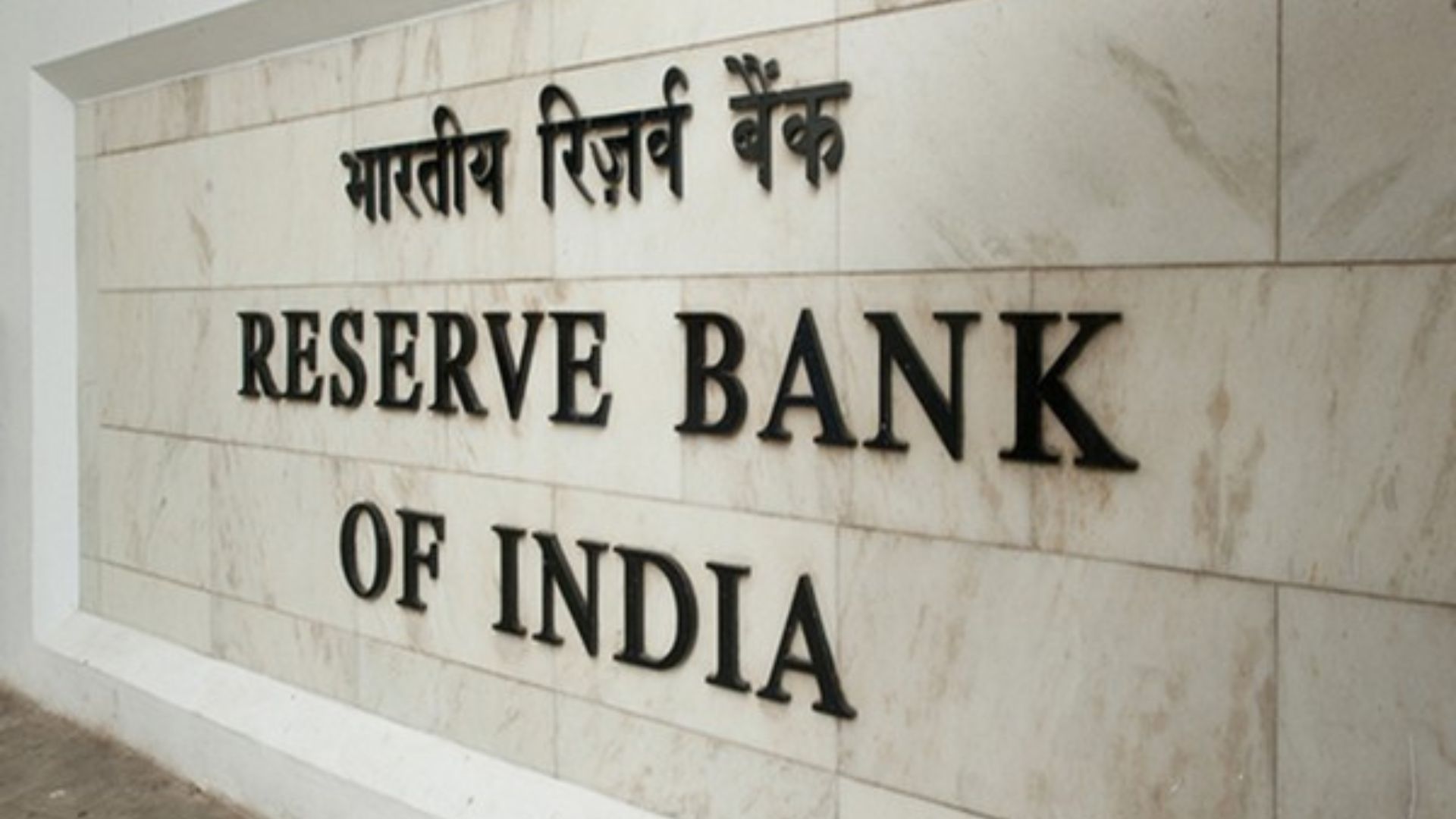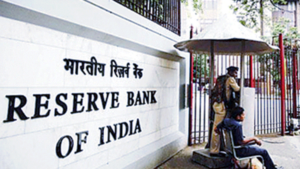Interest rates in the financial system are expected to remain steady, with the Reserve Bank of India (RBI) maintaining the repo rate at 6.4 per cent for the eighth consecutive time. Persistent food inflation continues to keep retail inflation high. The RBI’s Monetary Policy Committee (MPC), which met from June 5 to June 7, also left the monetary policy stance unchanged at “withdrawal of accommodation.”
What is the Repo Rate?
The repo rate, or repurchase rate, is the interest rate at which a country’s central bank lends money to commercial banks. It is a key monetary policy tool central banks use to control liquidity, manage inflation, and stabilize the currency.
Why Was the Rate Kept Unchanged?
The policy panel kept the repo rate unchanged in a 4:2 majority decision as inflation remains above the 4 per cent target. Under the flexible inflation targeting regime, the RBI aims to maintain consumer price-based inflation (CPI) within the 2-6 per cent range. Notably, India’s retail inflation rate was 4.83 per cent in April 2024, slightly down from 4.85 per cent in March 2024.
MPC members appeared cautious about sticky food inflation due to supply-side disruptions caused by ongoing hot weather conditions in many parts of India. The MPC is likely to monitor the progress of the monsoons and the sowing of the summer (Kharif) crop to assess the food inflation trajectory in the second half of 2024, before considering any monetary policy easing.














